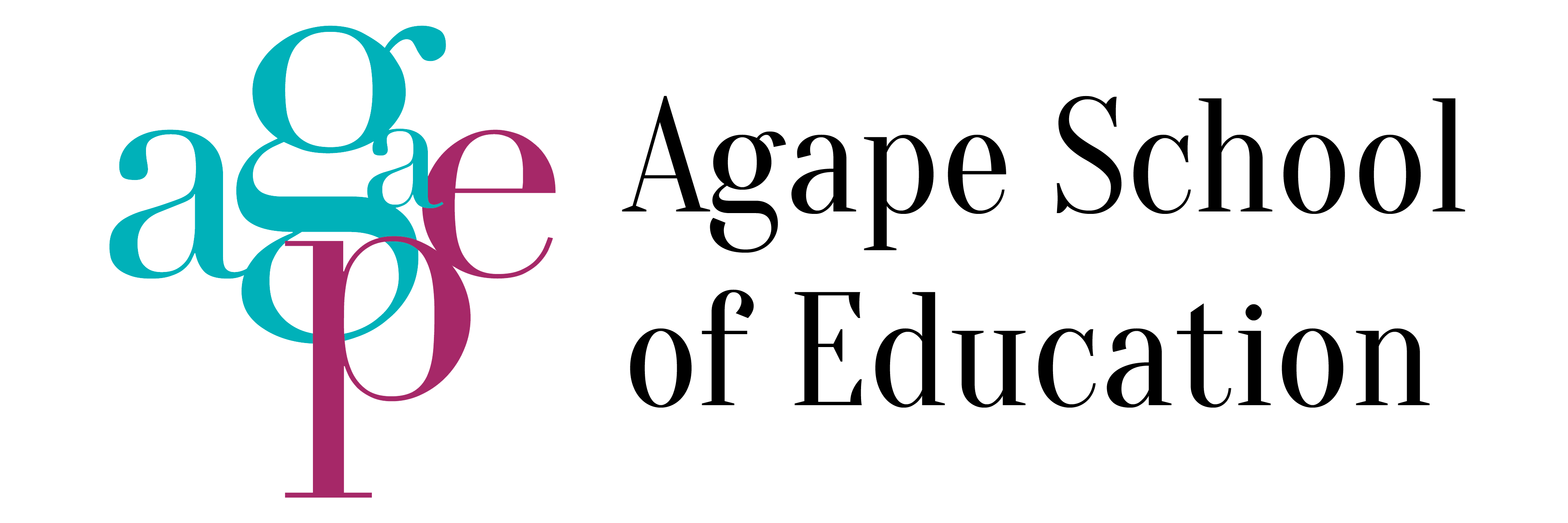Learning a foreign language is not just proving more popular during the Coronavirus pandemic, but more essential for businesses to grow. With most companies embracing remote work, there are opportunities across the globe. People can now work for a company any where in the world from their own bedroom! Spotify took headlines after adopting a ‘work from anywhere’ approach. Meanwhile, Iceland has implemented a 4-day work week successfully in what has been one of the biggest shift in working conditions in modern history.
Multilingualism opens up more opportunities for professionals, as businesses access broader markets. Businesses rely on intercultural communication to form international partnerships, to serve customers overseas, and to help their employees progress.
Simply put, if you know multiple languages, you are in demand. In 2019, a study found that almost one in four U.S. employers had either lost — or been unable to pursue — business opportunities, because their workforce lacked foreign language skills.
A multilingual, diverse workforce can help businesses close the gap between current customers and potential clients. The same report researched how U.S. businesses needed multilingual employees to stay competitive. Nine out of ten employers said that they rely on their workforce to have language skills other than English. 56% of employees also felt that the foreign language needs have increased over the past 5 years, and will continue to rise.
Essential services such as healthcare, professional services, and construction predict that they will rely more heavily on multilingual professionals for years to come. During the first lockdown in March 2020, user numbers for language-learning apps including Duolingo, Memrise and Rosetta Stone rocketed, according to data from the companies. Duolingo reported a 300% jump in new users. The numbers generally eased over the summer, but saw another bump during the second lockdown, with Spanish, French and German being the popular choices. Even as borders closed, demand for people with foreign-language skills rose in sectors such as marketing, sales and customer service. It shot up in the childcare sector, with a 40% increase, possibly because families were unable to travel and instead hired nannies to provide native-speaker input.
In fact, research has shown that studying a new language can stimulate the brain and enhance creative thinking and mental agility, regardless of the student’s level of proficiency. This flexibility and creativity can even improve your grasp of your own native language.
The debate on Native or Non-Native Teachers
With the new dependent pass holder regulations in Singapore, which no longer allow spouses of Singaporeans or PR holders to legally work in Singapore, the pool of foreign language teachers who are also native speakers has significantly decreased.
However, as Singaporeans, we all want the best. The best language school, the best teacher, the best curriculum. Oftentimes, we get “best” confused with “native”.
As Singaporeans, we see first-hand how being a native speaker does not necessarily mean that we are qualified to teach the language. How many Singaporeans speak English well enough to teach it to someone else? Similarly, non-native teachers are not ‘less’ qualified. Some might even say a non-native speaker as a teacher is better as they understand the journey of learning a new language, can avoid the pitfalls and better guide their students.
Both have pros and cons, but at the end of the day, what you need is a qualified teacher.
That’s why the Ministry of Education (MOE) sponsors Singaporeans to go abroad to learn a foreign language at the postgraduate level. These Singaporean tutors are often hired at the MOE Language Centre (MOELC), giving students a hybrid experience of native and non-native tutors. Through this way, tutors can also share their experiences to improve teaching pedagogy.
The Hybrid Language Course at ASOE
However, at the Agape School of Education (ASOE), we’ve been navigating the Singaporean foreign language education system for decades. That’s why at the ASOE we take classes a step further with the Hybrid Language Course (HLC).
We established this course during the COVID lockdown by taking advantage of the focus on online learning. In this course, students are assigned two dedicated teachers; one tutor is local and the second tutor is a native speaker, located internationally. The international teacher will focus on teaching students conversational, cultural and topical subjects while the local teachers will focus on the technical aspects of learning, such as the students’ grammar and writing skills.





0 Comments